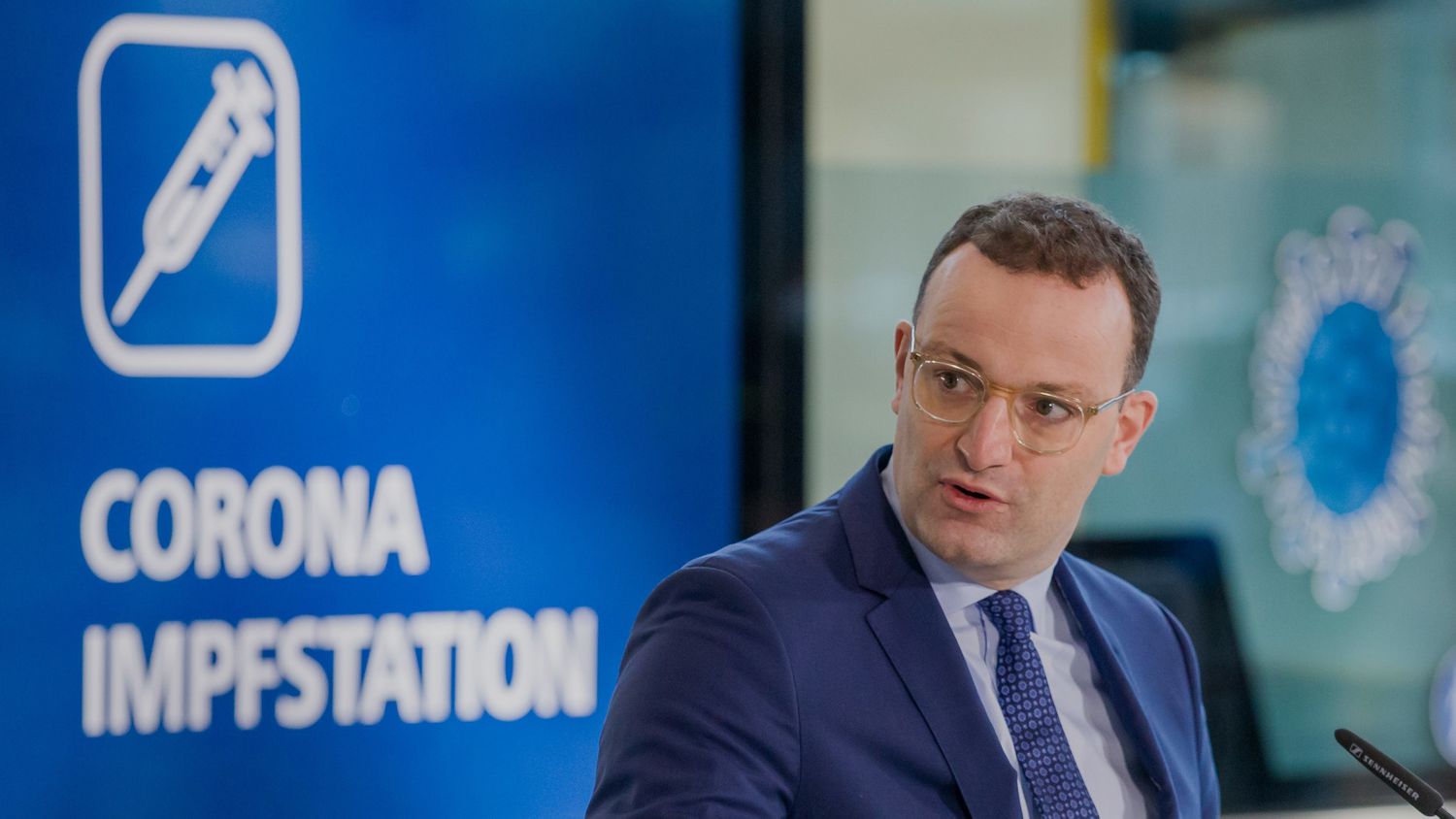If all goes according to plan, the European Union countries will also be able to start vaccinating against the coronavirus this month and before the end of the year.
The European Medicines Agency (EMA) announced this Tuesday, after hours of speculation, that it brings the meeting of its scientific committee, the Committee for Medicinal Products for Human Use (CHMP), to the 21st to decide on approval of the vaccine from Pfizer and BioNTech.
In principle, said meeting was scheduled to take place on the 29th “at the latest.”
Since regulatory bodies in the United Kingdom and the United States authorized the use of the vaccine, pressure from various European governments, including Germany, to accelerate these deadlines has been growing.
In a statement, the regulatory agency assures: “Following the receipt yesterday afternoon of the additional data requested by the CHMP from the company and pending the outcome of its evaluation, an exceptional CHMP meeting has been scheduled for 21 December to conclude if possible. The meeting scheduled for December 29 will be held if necessary. “
As photos rolled in of Brits first, and Americans and Canadians later, receiving their coronavirus vaccines from Pfizer and BioNTech, pressure on the European regulator to advance deadlines that would otherwise go to early January , was older.
“Our goal is that there is an authorization before Christmas and that we can start vaccinating this year, also in Germany […] we all know that the sooner the better,” said German Health Minister Jens Spahn on Monday, a message that has repeated this Tuesday.
Community sources cited by Reuters say that the pressure on the organization increased, both from the Commission and from several governments, after the authorization granted by the British regulator and the US FDA.
Hours before the announcement, the 23rd of this month had been leaked as a possible meeting date, something that Spahn called “good news.”
The German minister recalled that, in the end, the decision rests with the EMA and insisted that it is crucial to act prudently to have the confidence of citizens, since the success of the vaccine depends above all on the number of people who decide to inject it. .
“We have decided from the outset not to resort to emergency approval like the UK or Israel, but to proper approval at the European level.” And he added: “Safety first.”
The German Health Minister once again stressed the importance of European unity, also at the time of the authorization of the vaccine. “We have always said that we were going to do it through the European route, not the national one.
We have jointly guaranteed and requested vaccines and invested in production and research together and we are also going to do the authorization together, ”Spahn added at a press conference on Tuesday.
Germany, which is experiencing a resurgence of the second wave of the pandemic that has forced the closure of schools and non-essential trade, is seeing these days how other countries have begun to administer a vaccine produced in part by a German company,while its citizens cannot yet access it.
BioNtech-Pfizer’s vaccine is a German-American project, initially created by a German company and co-produced and financed by the US pharmaceutical giant. “I think we should be proud that the first approved vaccine in the world comes from Germany,” he said. Spahn.
The minister stressed on Monday that more than 400 vaccination centers have been created, 10,000 doctors and health workers are activated, ready to begin mass vaccinations, and calculated that by the end of next summer, about 60% of citizens could be vaccinated against covid-19.
That is the percentage from which the vaccine begins to be effective in fighting the pandemic.
When, in early December, the companies Pfizer and BioNTech submitted the request for approval of their vaccine against covid, the European regulator issued a statement in which it announced that its scientific committee would meet to conclude its evaluation “during an extraordinary meeting scheduled by December 29 at the latest “.
Since then, Emer Cooke, the executive director of the agency, has left the door open to a change of date in interviews and meetings with European parliamentarians.
According to an agency official quoted by Reuters, pressure from several European governments to accelerate this process increased “through the usual channels of communication” after December 2, when the British regulator granted an emergency authorization to the vaccine.
The EMA has denied being under political pressure to go faster. It usually takes at least seven months for a vaccine to be approved after obtaining complete data from the manufacturers. Now, as they have explained, they even work night shifts in the evaluation of the vaccine.
The European Commission, for its part, indicated before the announcement that the EMA is “an independent agency and the authorization process is in its hands.” And he denied trying to force a date advance.
“The Commission does not compromise on safety and does not exert any political pressure on the EMA to do so,” said a spokesman, adding that Brussels “is fully committed to authorizing only a vaccine that is deemed safe and effective by its independent scientific agency. ”.



 Bitcoin
Bitcoin  Ethereum
Ethereum  Tether
Tether  XRP
XRP  Solana
Solana  USDC
USDC  TRON
TRON  Cardano
Cardano  Lido Staked Ether
Lido Staked Ether  Avalanche
Avalanche  Toncoin
Toncoin